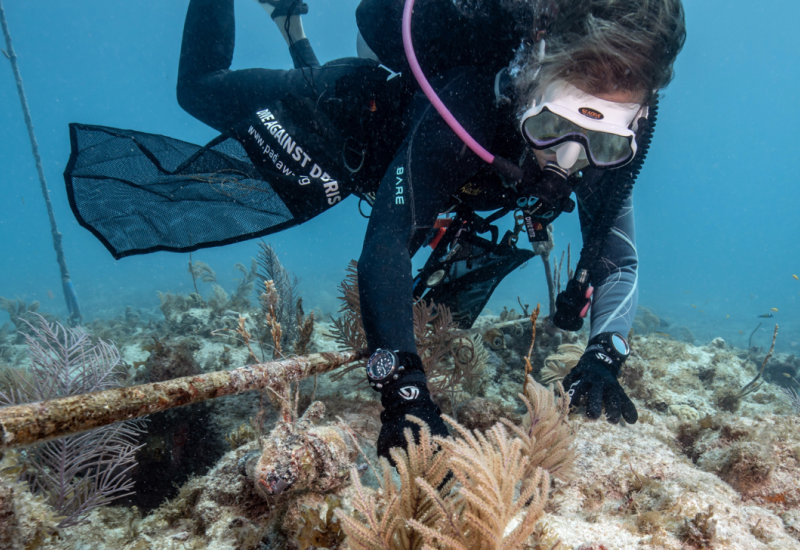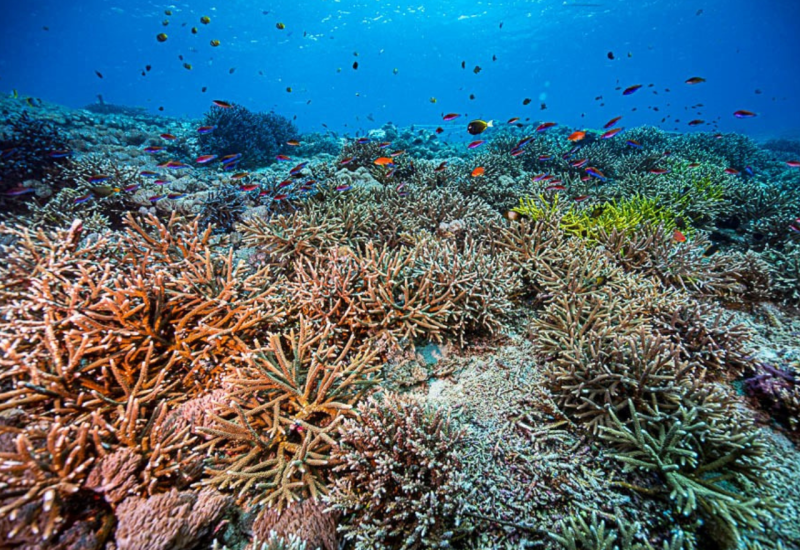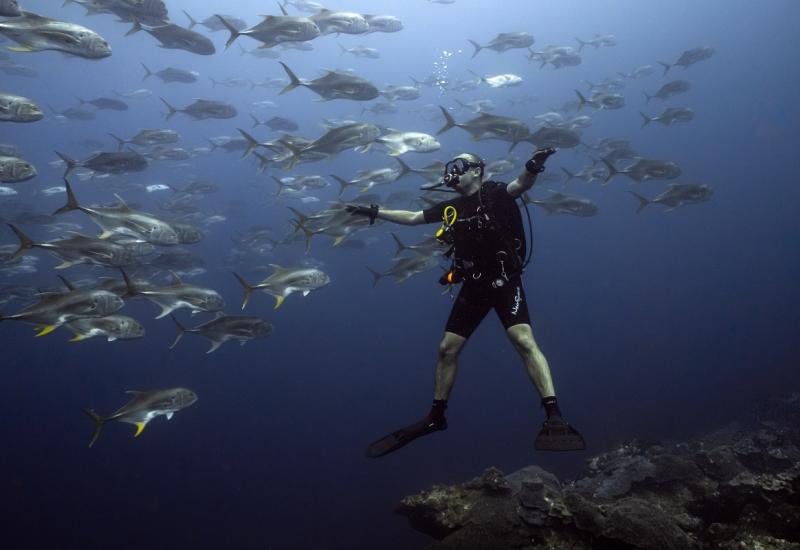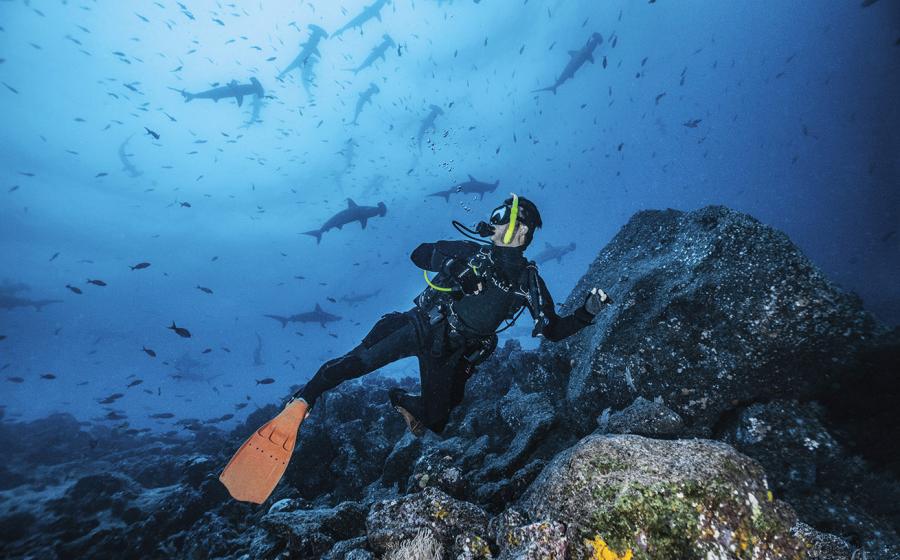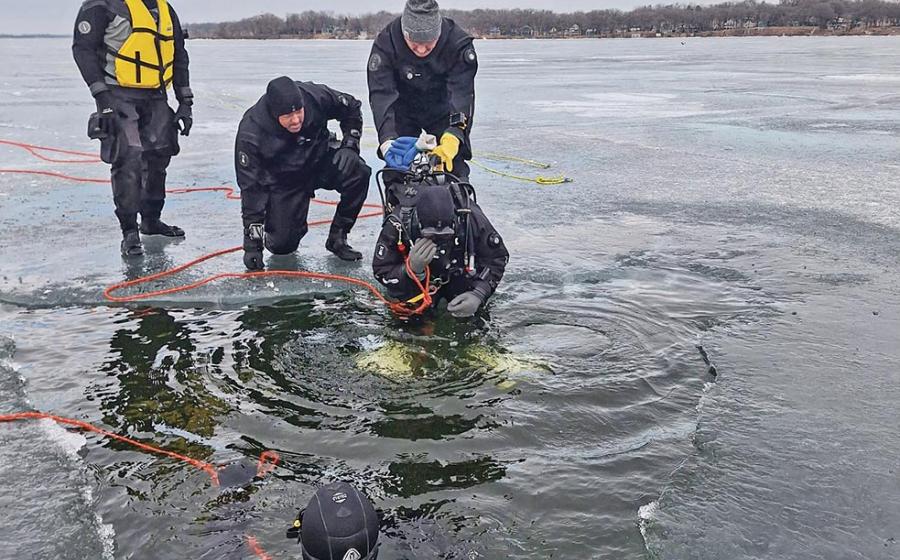Volunteer to Save Sharks in Mexico with the Whale Shark Research Project

Volunteer and help protect these gentle giants.
Brandon Cole
WHALE SHARK RESEARCH PROJECT
MISSION Generating marine conservation through researching whale sharks, preserving the marine ecosystem and encouraging the sustainable use of Mexico’s natural resources
HQ Baja California, Mexico
YEAR FOUNDED 2014
CONTACT [email protected] WEBSITE whalesharkrp.com
PROJECT Spanning up to 40 feet and weighing over 45,000 pounds, whale sharks are the ocean’s largest living fish. The Whale Shark Research Project is committed to conservation, scientific research, public awareness and education for these gentle giants.
HOW YOU CAN HELP
Volunteer
WSRP participants have the opportunity to spend between one and 10 weeks making a difference while exploring La Paz Bay, Espiritu Santo Island or Los Cabos in the Gulf of California. During your time volunteering, you’ll have the opportunity to learn data-collection techniques, monitor juvenile whale sharks, participate in field research and immerse yourself in Mexican culture.
Photograph
Akin to a human fingerprint, distinct spot patterns can be found around the shark’s gill area. Divers can upload whale shark photos to an online global identification database at whaleshark.org. After photos are submitted, spot-recognition software identifies the whale sharks, allowing scientists to follow their travels and analyze shark-sighting data to discover more about these mammoth fish.
Adopt
Support WSRP’s eforts by adopting your very own whale shark. Your shark won’t be coming home with you — instead it will remain wild and free while you receive updates on its journey through the ocean. After choosing either an annual adoption basis or a lifetime option, adopters are offered a life history of the shark along with a professional photograph of the newly adopted family member.
MORE VOLUNTEER OPPORTUNITIES
Save coral reefs in Little Cayman
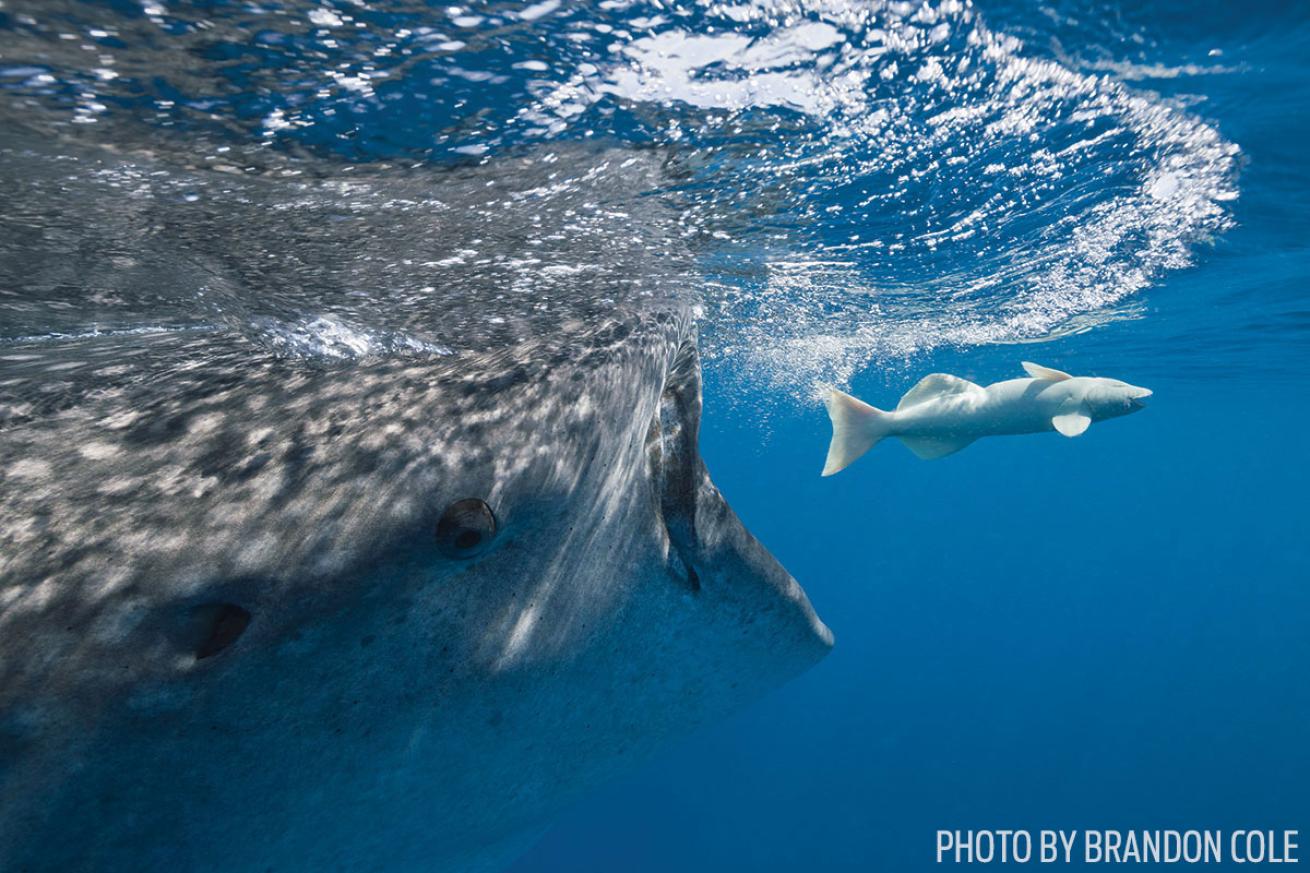
Brandon ColeVolunteer and help protect these gentle giants.
WHALE SHARK RESEARCH PROJECT
MISSION Generating marine conservation through researching whale sharks, preserving the marine ecosystem and encouraging the sustainable use of Mexico’s natural resources
HQ Baja California, Mexico
YEAR FOUNDED 2014
CONTACT [email protected] WEBSITE whalesharkrp.com
PROJECT Spanning up to 40 feet and weighing over 45,000 pounds, whale sharks are the ocean’s largest living fish. The Whale Shark Research Project is committed to conservation, scientific research, public awareness and education for these gentle giants.
HOW YOU CAN HELP
Volunteer
WSRP participants have the opportunity to spend between one and 10 weeks making a difference while exploring La Paz Bay, Espiritu Santo Island or Los Cabos in the Gulf of California. During your time volunteering, you’ll have the opportunity to learn data-collection techniques, monitor juvenile whale sharks, participate in field research and immerse yourself in Mexican culture.
Photograph
Akin to a human fingerprint, distinct spot patterns can be found around the shark’s gill area. Divers can upload whale shark photos to an online global identification database at whaleshark.org. After photos are submitted, spot-recognition software identifies the whale sharks, allowing scientists to follow their travels and analyze shark-sighting data to discover more about these mammoth fish.
Adopt
Support WSRP’s eforts by adopting your very own whale shark. Your shark won’t be coming home with you — instead it will remain wild and free while you receive updates on its journey through the ocean. After choosing either an annual adoption basis or a lifetime option, adopters are offered a life history of the shark along with a professional photograph of the newly adopted family member.
MORE VOLUNTEER OPPORTUNITIES
Save coral reefs in Little Cayman


